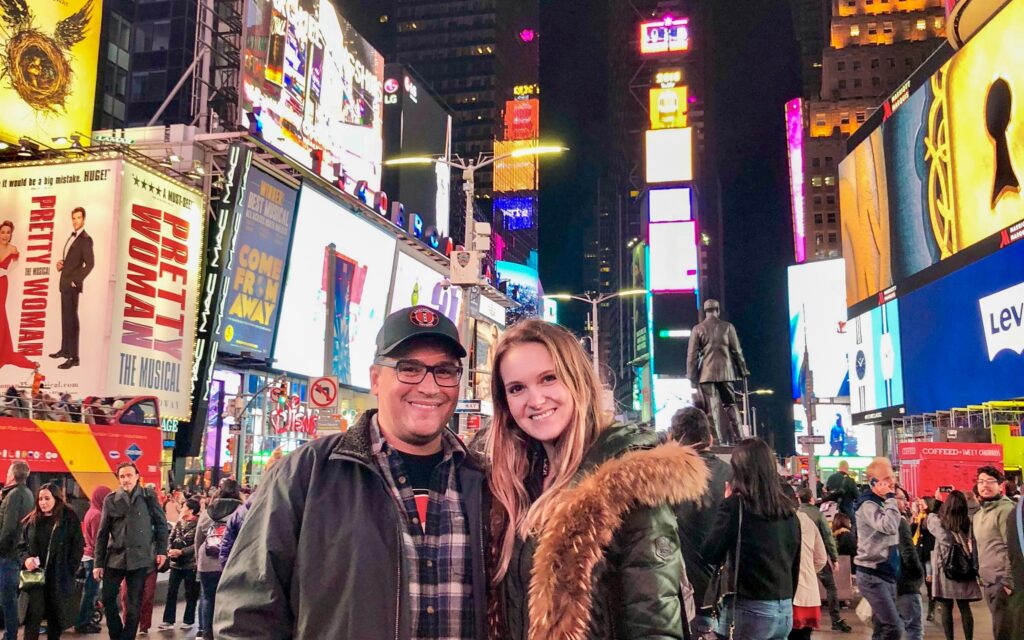As Chief Resident Ricardo Ramirez, MD, looks forward to fellowship training in head and neck cancer, he reflects on how his Hispanic heritage played a role in his journey and why it’s important that medical providers reflect the community at large.
How would you describe your early journey to a medical career?
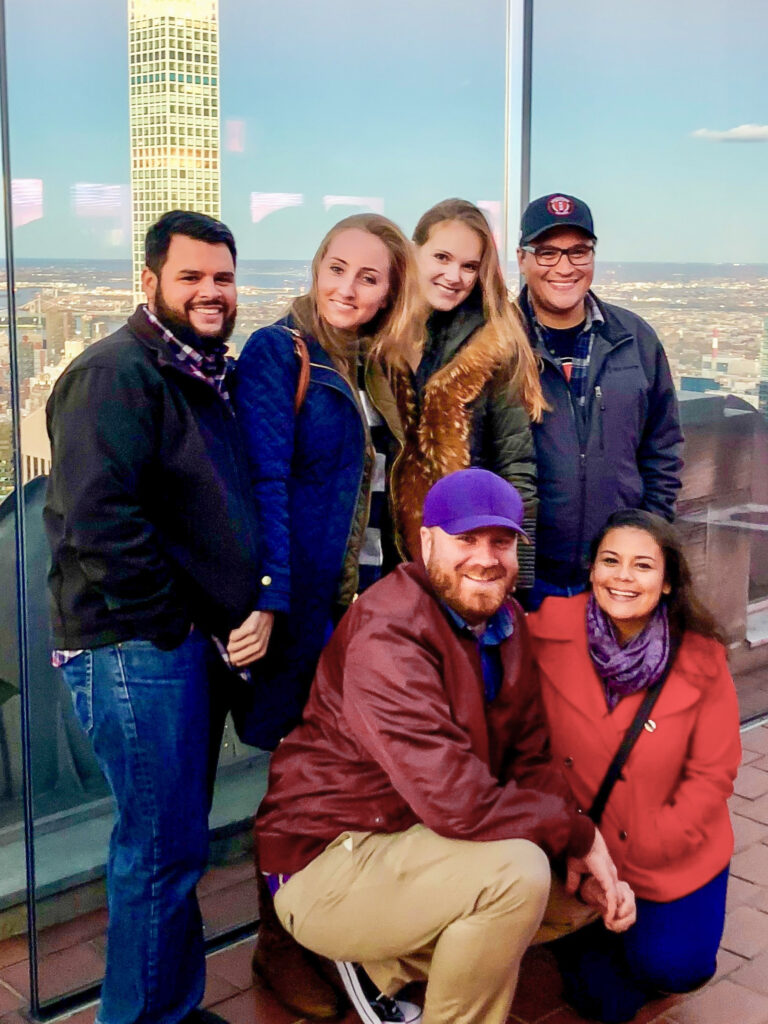
Although I am a St. Louis native, I have family living in Belize and Mexico and close friends throughout Latin America. Even at a young age, I felt a strong desire to explore my heritage. Growing up, my parents encouraged me to spend summers abroad living with friends and family.
At the age of 13, I moved to Belize to live with an aunt and attend the local school there for two years before returning to St. Louis to complete high school. When I thought about future medical training, it seemed natural to seek advanced education abroad.
I attended medical school in Costa Rica, an experience that helped me gain a unique perspective on healthcare and allowed me to further connect with my Latino roots.
In Costa Rica, senior medical students and residents practice medicine within the public healthcare system known as La Caja. When I hear my attendings talk about the “old days of medicine”, I am often reminded of my experience in Costa Rica.
Despite the many cultural differences from healthcare currently practiced in the United States, I believe the core aspects of medical training are quite universal.
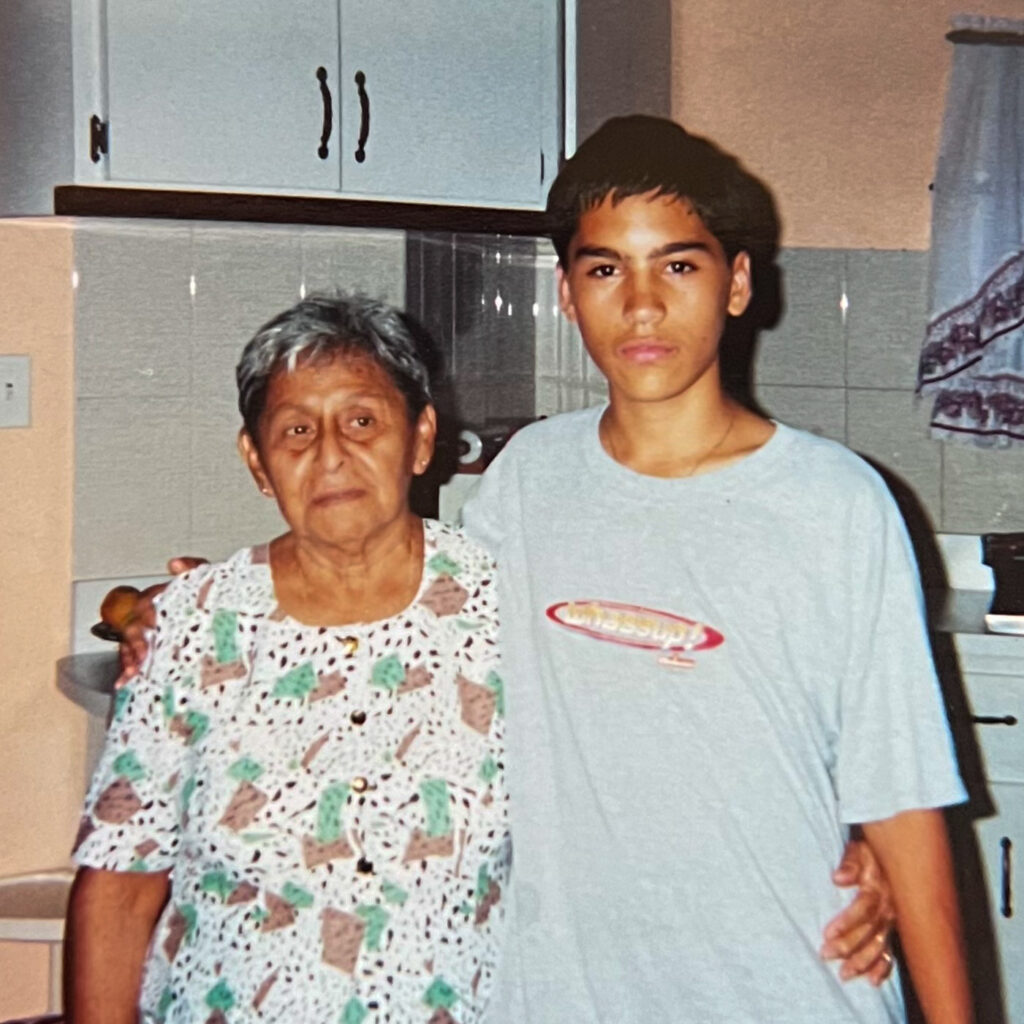
I think promoting our specialty [ENT] among Latino students is very important. The Hispanic population in the United States is growing and that growth should be represented in medicine. Patients look to healthcare providers for support and guidance, and our ability to foster a strong patient-physician relationship is enhanced when the medical workforce reflects the patients we serve.
What do you like most about your work here? Have you developed a stronger interest in any one sub-specialty?
The most rewarding part of my job is when our patients express their trust and gratitude for the care that we are providing. I decided to make the transition to ENT specifically because I wanted to take care of head and neck cancer patients.
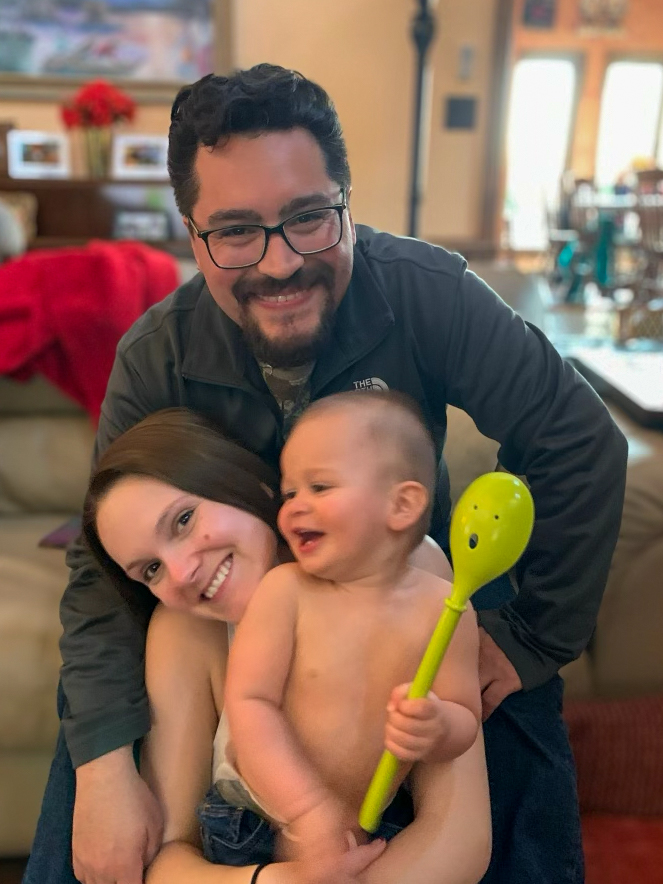
I think the most rewarding surgical interventions are reconstructive procedures that improve both functional and cosmetic outcomes. After graduation, I will be moving to New York City to complete a fellowship in Head and Neck Oncologic and Reconstructive Surgery at Mount Sinai Beth Israel.
You are the Wellness Champion for ENT residents. What interested you in taking on that role?
I think the Graduate Medical Education wellness committee provides a crucial service for the hospital’s trainees. Health and happiness are essential for productive teams, and it’s a commitment that I take seriously. The committee works closely with the Graduate Medical Education office to advocate on residents’ and fellows’ behalf. Representatives from all of the specialties meet once a month to discuss wellness initiatives.
We also organize a weekly events calendar to help residents save a little time when looking for things to do outside of work. In our own department, Dr. Buchman sponsors a monthly outing for Otolaryngology residents which I help to organize along with Jake Lee, MD, David Lee, MD, and Theresa Tharakan, MD. We try to find a weekend to get most of the residents together for a trip to the park, a meal, happy hour, or grab some tickets to a Cardinals game.
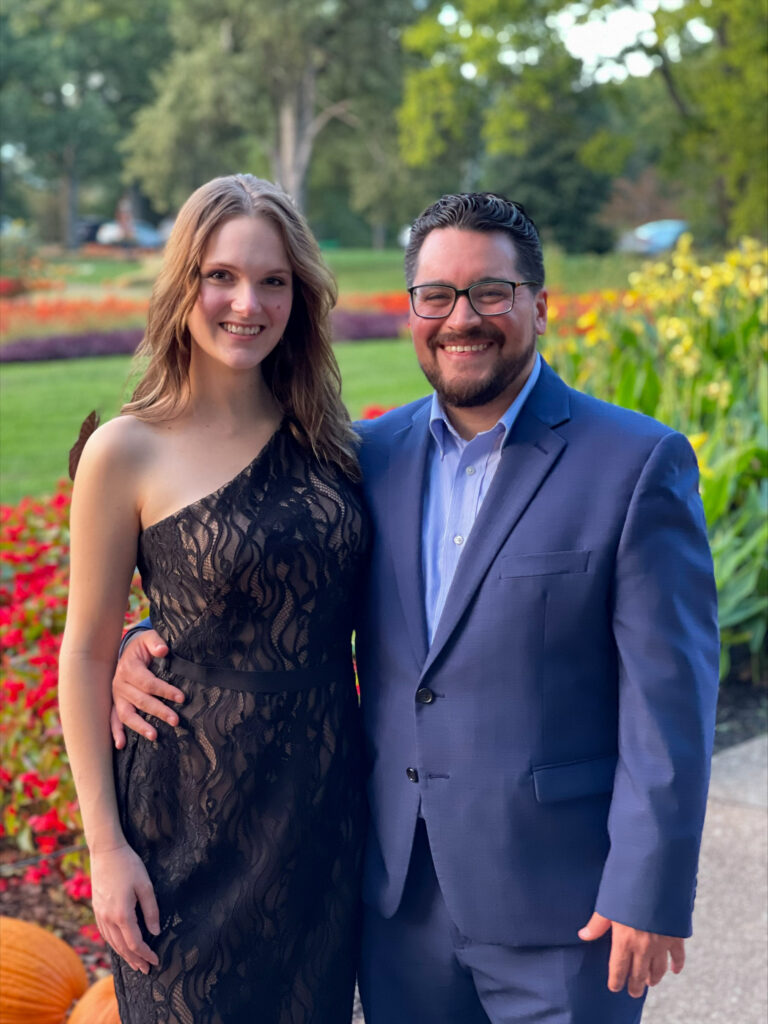
What do you like to do in your spare time?
Most of my spare time is spent with Ashley Evans, my better half. We love to travel and spend time outdoors. Most recently, we visited rural Costa Rica and went hiking in the cloud forest there. At home, we have gotten more into fishing and kayaking. We love anything on the water.
What would most surprise your colleagues to learn about you?
Most people are surprised to learn that I will only eat meat that I catch myself. I have otherwise been vegetarian since the age of 15. Who wants to go fishing?
